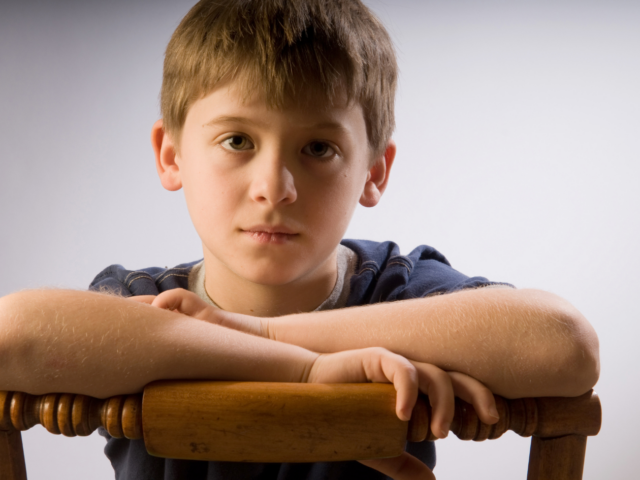A new policy briefing, using data from Understanding Society, the Millennium Cohort Study, and Growing Up in Scotland, says parents’ use of physical punishment has declined over the last decade, but it is still common in the UK among all social groups.
Scotland and Wales have prohibited physical punishment in all settings, while physical punishment in the home remains legal in England and Northern Ireland. Prevalence is highest for pre-school children, and boys experience more physical punishment than girls.
The report, presenting findings from a project funded by the Nuffield Foundation and supported by the NSPCC and Barnardo’s, examined the prevalence of child physical punishment in the UK, and changes over time.
The research briefing coincides with results from a survey of 3,500 English adults which show that 71% of the public believe that smacking, hitting, slapping, or shaking a child is unacceptable. The survey also found rising levels of support for children to have the same legal protection as adults against physical punishment.
Lead author Anja Heilmann, Associate Professor in Epidemiology & Public Health at UCL, said: “In line with shifting attitudes shown by the polling data, parents’ use of physical punishment has declined over the past decade. Evidence from other countries has shown that physical punishment declines faster where it is prohibited. Scotland and Wales have paved the way and reformed their laws – it is time for England and Northern Ireland to follow.”
The NSPCC is using the publication of the report to call on all political parties to commit to giving children in England the same protection from physical assault as adults by scrapping the defence of ‘reasonable chastisement’.
Read the report: Physical punishment of children in the UK
Family and householdsYoung people



